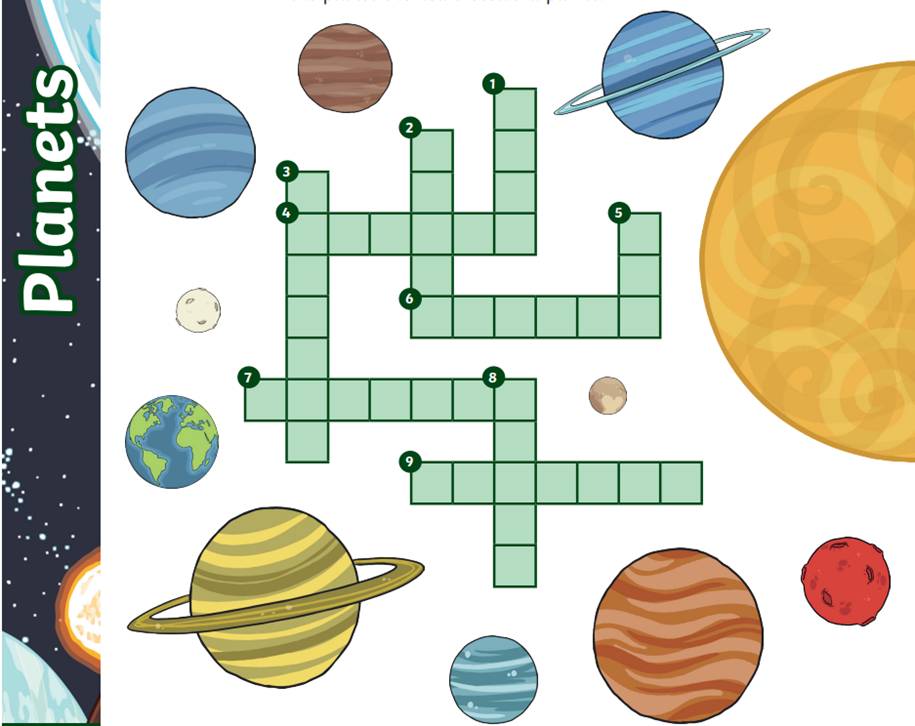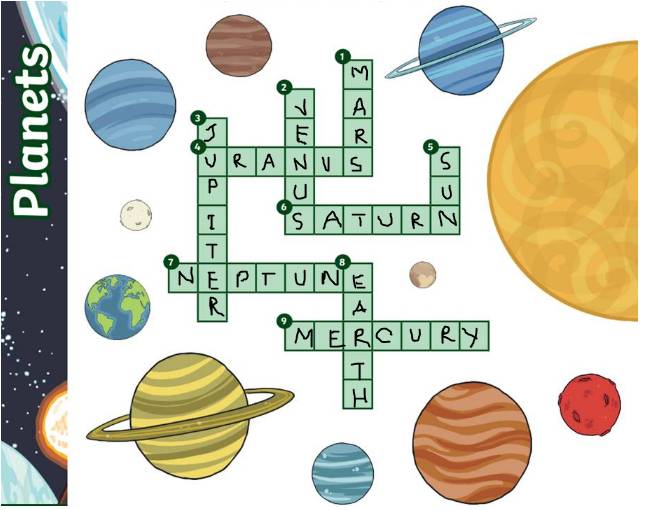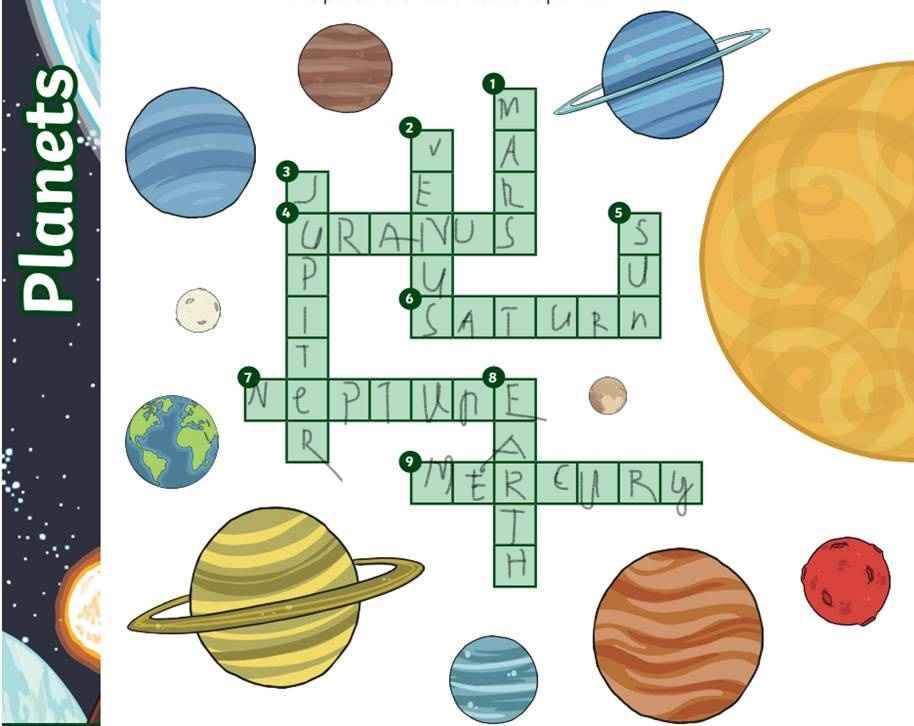Hãy nhập câu hỏi của bạn vào đây, nếu là tài khoản VIP, bạn sẽ được ưu tiên trả lời.

Question 1: Supply the correct forms of the verbs in brackets.
1. It is crucial that Dido stops using Quang Ha
2. I will ring the bell one more time. If he doesn't answer, I think he must have gone out
3. I am sorry about the noise last night. We were having a party
4. The man who was rescued had been in the sea for ten hours
5. A great deal of time is being spent on his exercis
6. We want to be paid better wages
7. People always blame their circumstances for what they are
8. You will be stopped by a policeman if you try to cross the road now
Question 2: Use the correct form of the words in brackets to complete the following passage.
1. refusal 2. communication 3. pollution 4. thoughtless 5. neighborhood
6. action 7. suggestions 8. politely 9. successful 10. advice
Question 3: Fill in each numbered blank with a suitable word
1. place 2. these 3. more 4. which 5. several
6. phrases 7. Second 8. used 9. an 10. help
Question 4: Read the text then choose the correct answer
1B 2C 3C 4D
Question 5: a/ Each line in the following passage has a spare word; Underline that word and write it in the blanks given.
0. for 1. for 2. much 3. time 4. today 5. lot
6. with 7. more 8. it 9. have 10. able
b/ Fill in the blanks with a suitable prepositions
1. George fell off the ladder while he was painting the ceiling
2. We stopped everyone from leaving the building
3. Admission to university depends on examination results
4. Don't use that dictionary. It is out of date. Find one that is up to date
Question 6: Do as directed
1. Not only did my friend have excellent ideas, but he did a good job as well
2. Neither his explanation nor the examples he gives are clear
3. It is said that the price of gold is going up
4. He asked me when I would give that book back to him
5. Seldom years ago did people travel far from home
6. He was given a gift, and you were as well
7. No matter how intelligent you may be, you should be careful about this
8. He made a great discovery and was very proud of it
9. Lan found difficulty in accepting the situation
10. Thanks to the new technology applied in their fields, the farmers raised the output of rice

V Fill in each numbered blank with a word from the box
When you throw things into the garbage , that garbage is taken to a garbage dump and it is usually buried ( 26) ........underground ........It is buried so that it will decompose . What is de-com-pose? Decompose means to separate into parts and over many years most garbage will ( 27) ...........disappear .........completely . That is why we bury garbage in the ground . The problem is some things we (28) .........throw .........away take a long time to decompose and that means we could run out of ( 29) .........room..... nderground to put all the garbage . Then what ? you will have to keep the garbage in your house ! Well , ( 30 ) ...........hopefully .........that won't happen because there is something you can so . You can ( 31) ...........recycle..............! What does that means ? The prefix " re" means " do again" and " cycle" is something that goes ( 32) ...........around ...............again and again . If you take something old that can be used again and make it (33)...........new ..............,you are recyclin
V Fill in each numbered blank with a word from the box
|
throw new underground around disappear room hopefully recycle |
When you throw things into the garbage , that garbage is taken to a garbage dump and it is usually buried ( 26) ...underground..........It is buried so that it will decompose . What is de-com-pose? Decompose means to separate into parts and over many years most garbage will ( 27) ........disappear............completely . That is why we bury garbage in the ground . The problem is some things we (28) .....throw.............away take a long time to decompose and that means we could run out of ( 29) ...room........... nderground to put all the garbage . Then what ? you will have to keep the garbage in your house ! Well , ( 30 ) ......hopefully..........that won't happen because there is something you can so . You can ( 31) .......recycle..................! What does that means ? The prefix " re" means " do again" and " cycle" is something that goes ( 32) ...........around...............again and again . If you take something old that can be used again and make it (33)..........new...............,you are recycling

FILL IN THE NUMBERED BLANK IN THE PASSAGE WITH ONE SUITABLE WORD FROM THE BOX.(WHY)
| Heart | more | improve | writing | speakers | listening |
English is one of the most popular languages in the world.It comes second in the number of (1)speaker after Chinese .In Vietnam,more and (2)more people studying English.However,(3)heart every one knows to learn English effectively.The best to(4)improve the four skills;speaking,listening,reading and(5)writing is to practise regularly.
)
FILL IN THE NUMBERED BLANK IN THE PASSAGE WITH ONE SUITABLE WORD FROM THE BOX.(WHY)
| Heart | more | improve | writing | speakers | listening |
English is one of the most popular languages in the world.It comes second in the number of (1)speaker after Chinese .In Vietnam,more and (2)more people studying English.However,(3)heart every one knows to learn English effectively.The best to(4)improve the four skills;speaking,listening,reading and(5)writing is to practise regularly.

Television is an important invention of the twentieth century. It has been ....so... popular that now we can't imagine what life would be ...like.... if there were no television. Television is a major ....means.... of communication. It brings pictures and sounds from around the world into millions of homes. Through ....television..... , viewers can see and learn about people, places and things in faraway lands.Television .....widens...... our knowledge by introducing to us new ideas .....which.... may lead us to new hobbies and recreations. In addition ....to..... the news, television provides us with a variety of programs that can satisfy .....every..... taste. Most people now seem to like spending their evenings .....watching..... television. It is more convenient for them to sit at home watching TV ....than..... to go out for amusements anywhere else.
Television is an important invention of the twentieth century. It has been ..SO..... popular that now we can't imagine what life would be ....LIKE... if there were no television. Television is a major ....MEANS.... of communication. It brings pictures and sounds from around the world into millions of homes. Through .....TELEVISION... , viewers can see and learn about people, places and things in faraway lands.Television .....WIDEN...... our knowledge by introducing to us new ideas .....WHICH.... may lead us to new hobbies and recreations. In addition .....TO.... the news, television provides us with a variety of programs that can satisfy .....MANY..... taste. Most people now seem to like spending their evenings ......ON.... television. It is more convenient for them to sit at home watching TV .......THAN.. to go out for amusements anywhere else.

Mỗi quốc gia có quần áo truyền thống của họ. Áo dài được biết đến là trang phục truyền thống của Việt Nam đặc biệt là phụ nữ. Theo từ điển, định nghĩa của Áo dài là một chiếc áo dài tay với các tấm dài đến mắt cá chân ở phía trước và sau, mặc trên quần. Nó có thể được thiết kế với một số màu sắc, hoa văn như: hoa, thiên nhiên và các loại vải khác nhau. Mặc áo dài, phụ nữ trang nghiêm thu hút cơ thể của họ cũng như phản ánh một nền văn hóa dân tộc. Nó có một tiến trình phát triển từ mô hình đơn giản ngắn đến phong cách tinh tế hơn. Áo dài tượng trưng cho nhiều tính cách của phụ nữ Việt Nam: dịu dàng, siêng năng, tốt bụng và bản lĩnh. Vì vậy, nó rất tự hào cho phụ nữ mặc quần áo đặc biệt. Học sinh và giáo viên mặc áo dài trắng đến trường trung học và một số trường đại học vào thứ hai để tham gia buổi lễ. Hơn nữa, đó là bữa tiệc đính hôn mà chiếc váy nở trong Áo dài đại diện cho truyền thống của Việt Nam. Không chỉ ở Việt Nam, nó còn nổi tiếng trên thị trường quốc tế khi ngày càng có nhiều khách du lịch nước ngoài thử mặc áo dài khi đến thăm đất nước tôi. Họ có bình luận tốt và chúc mừng về nó. Bảo vệ và giữ gìn vẻ đẹp và bản chất của nó không chỉ là nhiệm vụ cá nhân mà còn của tất cả mọi người dân. Bên cạnh đó, Áo dài là một trang phục có lợi và thoải mái mà phụ nữ có thể chọn nó cho bất kỳ sự kiện và bữa tiệc nào. Mặc dù có một số lượng lớn xu hướng mới của thời trang, áo dài luôn đóng một vai trò quan trọng trong đời sống tinh thần của người Việt.
.............................................Chúc you học tốt.........................................................
By: Uyển Đình.



